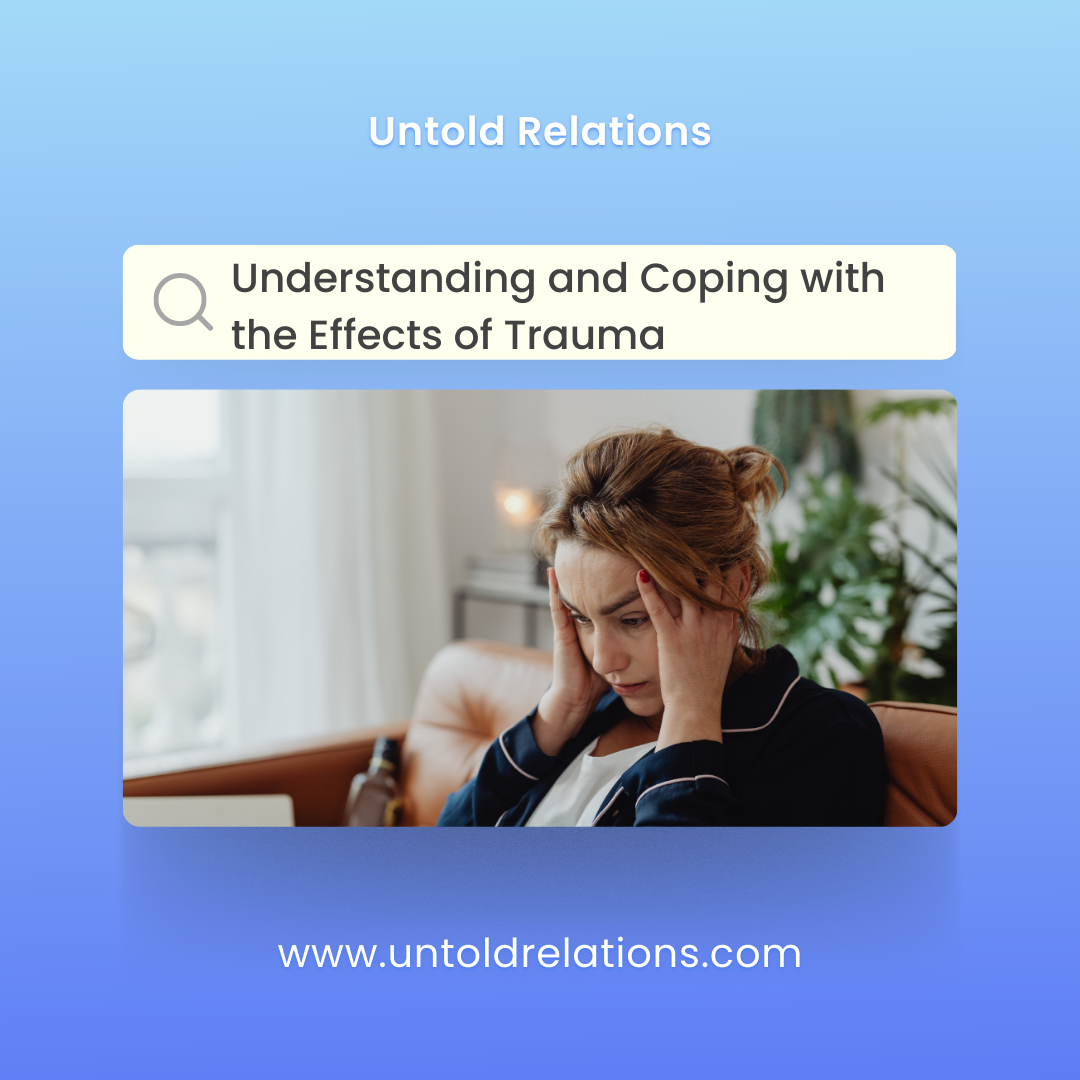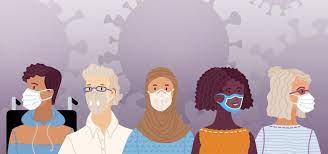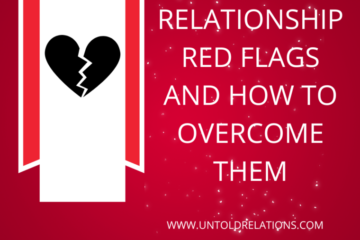Post Traumatic Stress Disorder (PTSD) is a mental health condition that can develop after a person experiences or witnesses a traumatic event. It is a common disorder that affects millions of people around the world, including soldiers, survivors of natural disasters, and victims of physical or sexual assault. PTSD can have a profound impact on a person’s life, causing them to relive the trauma through intrusive memories or nightmares, avoid anything that reminds them of the event, and feel anxious, irritable, or numb.

Symptoms of PTSD
PTSD symptoms can vary from person to person, but they generally fall into four categories:
Intrusive Memories
Recurrent, unwanted memories of the traumatic event, flashbacks, or nightmares.
Avoidance
Avoiding people, places, or activities that remind the person of the trauma.
Negative Changes in Thinking and Mood
Feeling numb, guilty, ashamed, or hopeless, losing interest in activities, or having difficulty remembering key features of the traumatic event.
Hyperarousal
Feeling easily startled, irritable, or on edge, having trouble sleeping, or engaging in reckless or self-destructive behavior.
Re-Experiencing Symptoms
In addition to intrusive memories, people with PTSD may experience physical or emotional reactions when reminded of the trauma, such as sweating, racing heart, or panic attacks.
Distorted Thoughts or Feelings
PTSD can cause people to have negative beliefs about themselves or the world, feel detached or estranged from others, or have distorted feelings like shame or guilt.
Hypervigilance
People with PTSD may feel constantly on guard, easily startled, or hypervigilant to potential danger.
Emotional Numbness
Some people with PTSD may feel emotionally detached, numb, or have difficulty experiencing positive emotions.
Sleep Disturbances
Nightmares, insomnia, or other sleep disturbances are common among people with PTSD.
PTSD can have a profound impact on a person’s ability to function in everyday life, leading to problems with work, relationships, and self-esteem.
Tips to Overcome PTSD
Fortunately, PTSD is treatable, and there are many effective therapies and coping strategies that can help people recover from the disorder. Here are some tips for managing PTSD:
- Seek professional help: A mental health professional can help diagnose and treat PTSD using a variety of therapies, including cognitive-behavioral therapy (CBT), exposure therapy, and eye movement desensitization and reprocessing (EMDR).
- Practice self-care: Taking care of your physical and emotional needs is essential for recovery. This includes getting enough sleep, exercise, and healthy food, as well as engaging in activities that bring you joy and relaxation.
- Connect with others: Having a support network of family, friends, or a support group can provide emotional support and help reduce feelings of isolation and loneliness.
- Learn coping skills: Learning techniques such as deep breathing, mindfulness, and relaxation exercises can help reduce anxiety and improve mood.
- Avoid substance abuse: Alcohol and drugs may provide temporary relief from PTSD symptoms, but they can worsen the disorder over time.
- Create a routine: Establishing a regular routine can help create a sense of stability and structure in your life, which can be helpful for managing PTSD symptoms.
- Practice self-compassion: Be kind and gentle with yourself, and try to avoid self-blame or self-criticism. PTSD is not your fault, and recovery takes time.
- Engage in creative expression: Engaging in creative activities, such as art, music, or writing, can provide a healthy outlet for emotions and help promote healing.
How to Help Someone with PTSD
If someone you know is struggling with PTSD, there are several ways you can help:
- Listen without judgment: Let a person know that you are there for them and that you are willing to listen without judging or offering advice.
- Encourage them to seek professional help: Offer to help a person find a mental health professional who specializes in treating PTSD.
- Be patient: Recovery from PTSD can take time, so be patient and supportive throughout the person’s journey.
- Educate yourself: Learning about PTSD can help you understand what a person is going through and how you can best support them.
- Avoid triggering a person: Be mindful of the person’s triggers and avoid talking about or doing things that may remind them of the traumatic event.
- Be understanding: Try to put yourself in a person’s shoes and understand that their reactions and behaviors may be a result of their trauma. Avoid judging or criticizing them.
- Offer practical help: Offer to help with practical tasks, such as grocery shopping, cooking, or cleaning. These small gestures can make a big difference in someone’s life and help alleviate stress.
- Stay connected: Keep in touch with a person regularly, even if it’s just a brief text or phone call. Let them know that you are there for them and that you care.
- Respect their boundaries: PTSD can make a person feel overwhelmed and anxious, so respect their need for space and boundaries. Let them know that you are available whenever they are ready to talk.
- Be supportive: Recovery from PTSD is a journey, and it may involve setbacks and challenges. Be patient and supportive throughout the person’s journey, and celebrate their progress and achievements.
Final Thought
Post Traumatic Stress Disorder (PTSD) is a serious mental health condition that can develop after a person experiences or witnesses a traumatic event. It can cause a range of symptoms, which can significantly impact a person’s quality of life. However, with the right treatment and support, recovery from PTSD is possible. If you or someone you know is experiencing symptoms of PTSD, it’s important to seek professional help. A mental health professional can provide a diagnosis and create a treatment plan tailored to the individual’s needs, which may include therapy and medication.



0 Comments